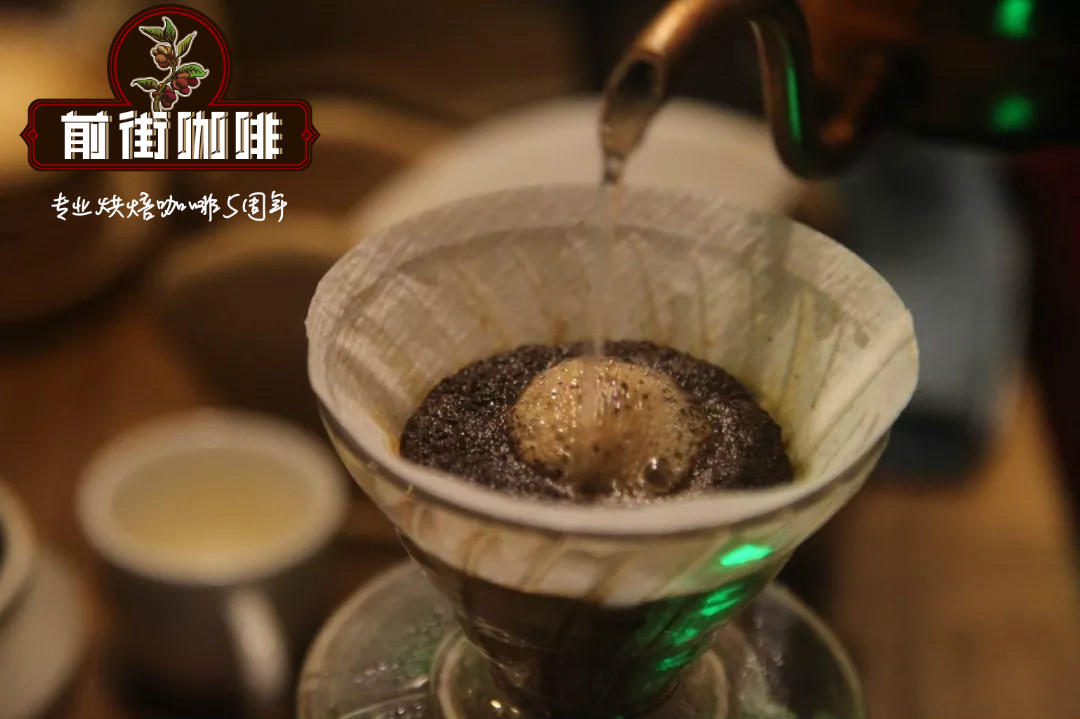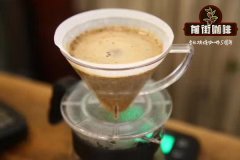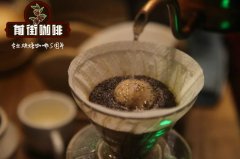What is the Luanda Crop of Gold Golden Bean contest? Introduction to Buf Caf é Coffee Farm in Luanda

Professional coffee knowledge exchange more coffee bean information please follow the coffee workshop (Wechat official account cafe_style)
Rwandan coffee is the most popular African coffee after Kenya and Ethiopia. But unlike the two famous countries, it does not have a long history of planting, let alone native varieties everywhere in the wild. This small African country is a fire Phoenix that has been reborn.
Because the country thrives mainly by producing high-quality good coffee beans. The taste of Luanda coffee is described as "grassy aroma" with tropical climate characteristics. Precisely because Luanda's extremely fertile soil and suitable climate are very conducive to plant growth, the soft and full-bodied taste of Luanda coffee is special. Especially in the end, it shows a unique rich aroma of caramel and sweetness, which is worthy of your personal taste.
Luanda is located in the heart of the interior of Africa. Its fertile mountain terrain and ancient traditional bourbon species indicate that the natural environment needed to grow high-quality coffee beans can be seen everywhere in Luanda. Coffee was introduced to Luanda by German missionaries in 1904. Since it was the only income-earning crop for rural farmers in 1930, coffee cultivation began to flourish. Whether it was Arabica harvested in March-June or Robusta harvested in May-June, the government encouraged in effect ordering the production of low-quality and high-yield coffee, even though poor quality played an important role in the economic development of Luanda at that time, because it was one of the few crops that could earn cash, but with the subsequent collapse of global coffee prices, the policy of exporting low-quality Arabica coffee continued. Changes are bound to be made.
The 1994 genocide claimed nearly 500000 lives and almost wiped out the knowledge and technology of coffee bean growing. at the same time, the price of coffee beans around the world also fell sharply, making the coffee industry in Luanda even worse. Luanda's coffee industry is now on the rise again, hoping to re-establish the infrastructure needed for the production and processing of boutique coffee beans at a steady pace. The most eye-catching is the Joint strengthening Luanda Agricultural Partnership Program (PEARL), which is mainly to help Luanda rebuild agricultural institutions, production capacity and cultivate agricultural talents to help local small farms sell coffee beans directly to buyers in the boutique coffee market. Unlike its neighboring country Kenya, Ethiopia has a centralized auction system, but its agricultural cooperatives can buy and sell directly with buyers. However, if coffee beans are to be exported from landlocked countries, they must travel 1500 kilometers to the port of Mombasa Mombasa in Kenya or the port of Dares-Salam Dar es Salaam in Tanzania, after the exercise of the 2007 Crop of Gold' Golden Bean Competition. Luanda then held its first C.O.E coffee competition in 2008, which drew more buyers' attention to the high-quality bourbon beans produced in Luanda.
Buf Caf é now owns two water washing plants, grows its own coffee trees and buys coffee cherries from more than two thousand small farms nearby. Some of these small farmers are directly employed by Buf Caf é or work in Buf Caf é washing plants, where their wages are higher than the local average. Buf Caf é believes that if employees get higher wages, they will be more willing to pay attention to their work and take pride in the good quality of the coffee produced by Buf. Facts have proved that this idea is correct. Buf's quality control is very strict. Several batches of COE Coffee Competition in Luanda in 2008 and 2010, respectively, are the best coffee companies in Luanda. The income from selling coffee is mainly used for children's school, medical expenses and investment in other poultry and livestock (such as buying a dairy cow to obtain milk for local sale). Direct Coffee introduces the top red bourbon beans of Buf Cafe, which are harvested by hand and washed by hand and dried in a traditional African-style high bed.
END
Important Notice :
前街咖啡 FrontStreet Coffee has moved to new addredd:
FrontStreet Coffee Address: 315,Donghua East Road,GuangZhou
Tel:020 38364473
- Prev

Introduction of Raida Manor and Coffee Flavor in Panama
Finca Lerida is a chief engineer from Norway, Mnniche, came to Panama in 1924 to build the canal, after the completion of the canal, lamented the beautiful and diverse natural environment, settled here, and began to grow coffee, named Lelida Manor (Finca Lerida). Mnniche, an engineer himself, found that after the coffee cherries were harvested,
- Next

What is the Luanda Crop of Gold Golden Bean contest? Introduction to Buf Caf é Coffee Farm in Luanda
For more information on coffee beans, please follow the coffee workshop (Wechat official account cafe_style) Rwanda Coffee, the most popular African coffee after Kenya and Ethiopia. But unlike the two famous countries, it does not have a long history of planting, let alone native varieties everywhere in the wild. This small African country is a fire Phoenix that has been reborn. Because of
Related
- Detailed explanation of Jadeite planting Land in Panamanian Jadeite Manor introduction to the grading system of Jadeite competitive bidding, Red bid, Green bid and Rose Summer
- Story of Coffee planting in Brenka region of Costa Rica Stonehenge Manor anaerobic heavy honey treatment of flavor mouth
- What's on the barrel of Blue Mountain Coffee beans?
- Can American coffee also pull flowers? How to use hot American style to pull out a good-looking pattern?
- Can you make a cold extract with coffee beans? What is the right proportion for cold-extracted coffee formula?
- Indonesian PWN Gold Mandrine Coffee Origin Features Flavor How to Chong? Mandolin coffee is American.
- A brief introduction to the flavor characteristics of Brazilian yellow bourbon coffee beans
- What is the effect of different water quality on the flavor of cold-extracted coffee? What kind of water is best for brewing coffee?
- Why do you think of Rose Summer whenever you mention Panamanian coffee?
- Introduction to the characteristics of authentic blue mountain coffee bean producing areas? What is the CIB Coffee Authority in Jamaica?

